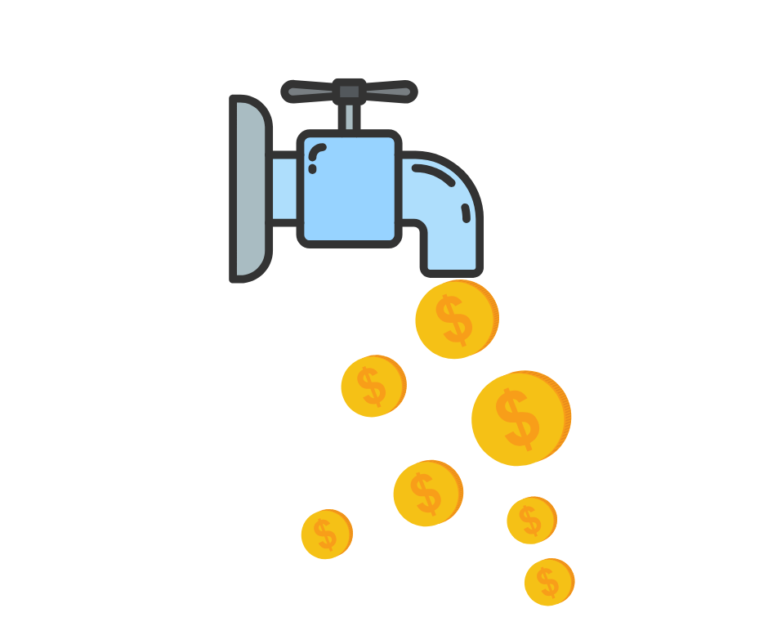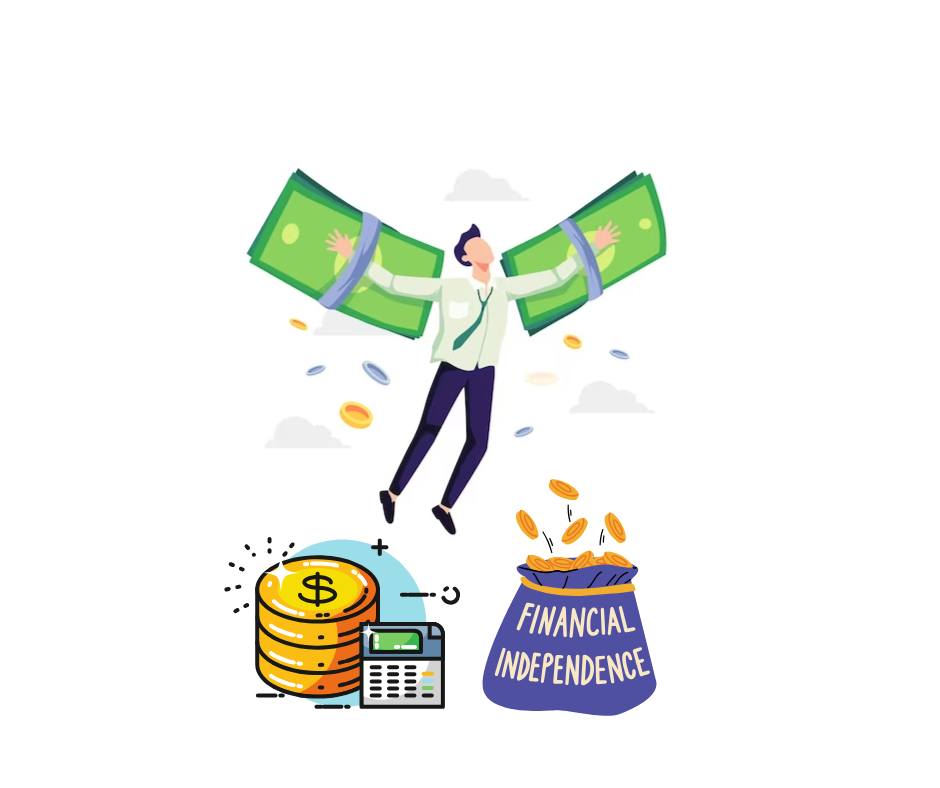Introduction
Achieving financial freedom in just the next five years is possible only by proper planning, self-discipline, and suitable tools for it. Financial freedom really means having enough income not just to cover your regular expenses but also to start working on your dreams, not bound by the constraints of monetary pressures. In this course, we will provide clear and practical steps and strategies on how to achieve financial freedom in just a matter of five years.
1. Set Clear Financial Goals

Set clear financial goals that will be the foundation of your journey to financial freedom. Define what financial freedom means for you: is it retiring early, paying off all your debt, or building a sustainable passive income?
Action Steps:
- SMART goals: specific, measurable, achievable, relevant, and time-bound.
- Break down these goals into monthly and yearly milestones.
- Review and change goals periodically.
2. Create a Solid Budget and Track Expenses

In such budgeting, proper management of income and expenditure is given. A budget will show areas where more can be saved and some funds adjusted from there to enable you toward financial freedom.
Action Steps:
- Use the 50/30/20 rule: 50% towards needs, 30% for wants, and 20% for savings.
- Maintain an expenditure record by monitoring your expenditure using a budgeting app.
- Review and revise your budget each month.
3. Reduce Debt Strategically

Reducing or paying off debt early frees up resources you can use towards saving and investment.
Action Steps:
- Start with a debt that has a higher interest rate, like the credit cards or personal loans debt avalanche method.
- The person can make additional payments to increase the speed of paying back.
- Pay off with consolidation loans or refinancing at lower interest rates.
4. Increase Income through Side Hustles

It is very unlikely you would be earning enough money from this job alone to be economically independent in five years because you can boost and speed up your savings more in a short period of time by having side hustles.
Action Steps:
- Freelance work includes opportunities related to writing, graphic design, or tutoring.
- Start a little side business, which could be selling online or pet-sitting.
- Invest your time in building skills that can multiply your earnings.
5. Save Aggressively and Build an Emergency Fund

Save aggressively. Having an emergency fund will keep you safe, and you don’t have to go off track towards financial freedom by unexpected expenses.
Action Steps:
- Plan for saving at least 20-30% of your income per month if you can.
- Save an emergency fund to cover three to six months of expenses.
- Auto-Save to avoid missing some contributions.
6. Invest Wisely for Long-Term Growth

Make your money work harder for you. A diversified investment will get you closer to realizing financial freedom because it increases the possibility of generating both returns and passive income that could get you closer to financial freedom.
Action Steps:
- Begin investing with a blend of stocks, bonds, and mutual funds, tailored to your ability to afford risk.
- Dollar-cost averaging means investing a fixed amount of money every month.
- Start looking for low-cost index funds or ETFs to reduce fees.
7. Build Passive Income Streams

Passive income streams mean making money that doesn’t involve so much effort going into actual working, providing a pathway toward freedom, or earning in regard to having your expenses met.
Action Steps:
- Consider dividend-paying stocks, peer-to-peer lending, or real estate investments.
- Developing a monetizable blog, YouTube channel, or online course that would fetch ad revenue.
- Rent out investment properties or rent out a spare room.
8. Avoid Lifestyle Inflation

Lifestyle inflation is the inflating of spending during income increases. If you prevent lifestyle inflation, you will save and invest more.
Action Steps:
- Sticking to the budget set aside, even when pay rises or bonuses are being dished out.
- Be cautious in spending and evaluate any purchase.
- Pay more attention to long-term financial goals rather than short- term satisfactions.
9. Regularly Review and Adjust Your Plan

A financial plan will not be static. Life doesn’t stand still, and neither should your plan. Routine review of your financial plan will keep you in your toes and respond to those new situations.
Action Steps:
- Set aside time every quarter or annually to review your financial goals and progress.
- Use strategies that depend on the nature of the market.
- For instance, if the need arises, consult with a professional financial advisor to perfect your plan.
Conclusion
It is definitely a difficult journey, but it’s definitely worth it to enjoy five years of financial freedom. A disciplined budget, reduced debts, diversified income streams, and wise investments may get you to a life that would never have financial stress standing in the way. Do it from today— little steps, achievable but not less significant. The farther you go, the more free you will become in your future.
FAQs
How much money do I need to achieve financial freedom?
Answer: This amount varies based on individual lifestyles, monthly expenses, and goals. A common approach is to calculate an amount that covers all living expenses without work, typically through a mix of savings, investments, and passive income streams. A general guideline is to aim for an amount that’s 25 times your annual expenses.
Are side hustles necessary for financial freedom?
Answer: Side hustles can be very beneficial, especially if your primary income isn’t enough to meet your financial goals within five years. Earning extra income through side hustles or part-time work can speed up debt repayment, increase savings, and allow you to invest more aggressively.
What are some recommended investments for beginners?
Answer: For beginners, it’s often recommended to start with low-risk, diversified options such as index funds, ETFs, or mutual funds. These investments provide market exposure with generally lower risk. As you gain more experience, you can consider stocks, real estate, or even business ventures, depending on your risk tolerance and goals.

Owner of Paisewaise
I’m a friendly finance expert who helps people manage money wisely. I explain budgeting, earning, and investing in a clear, easy-to-understand way.


Pingback: 10 Financial Podcasts That Will Change Your Life - Paisewaise
Pingback: 7 Side Hustles to Start in 2025 with No Money - Paisewaise
Great advice! I’m certainly going to give it a try them out.
Pingback: Can You Achieve Financial Independence With a Regular Job?